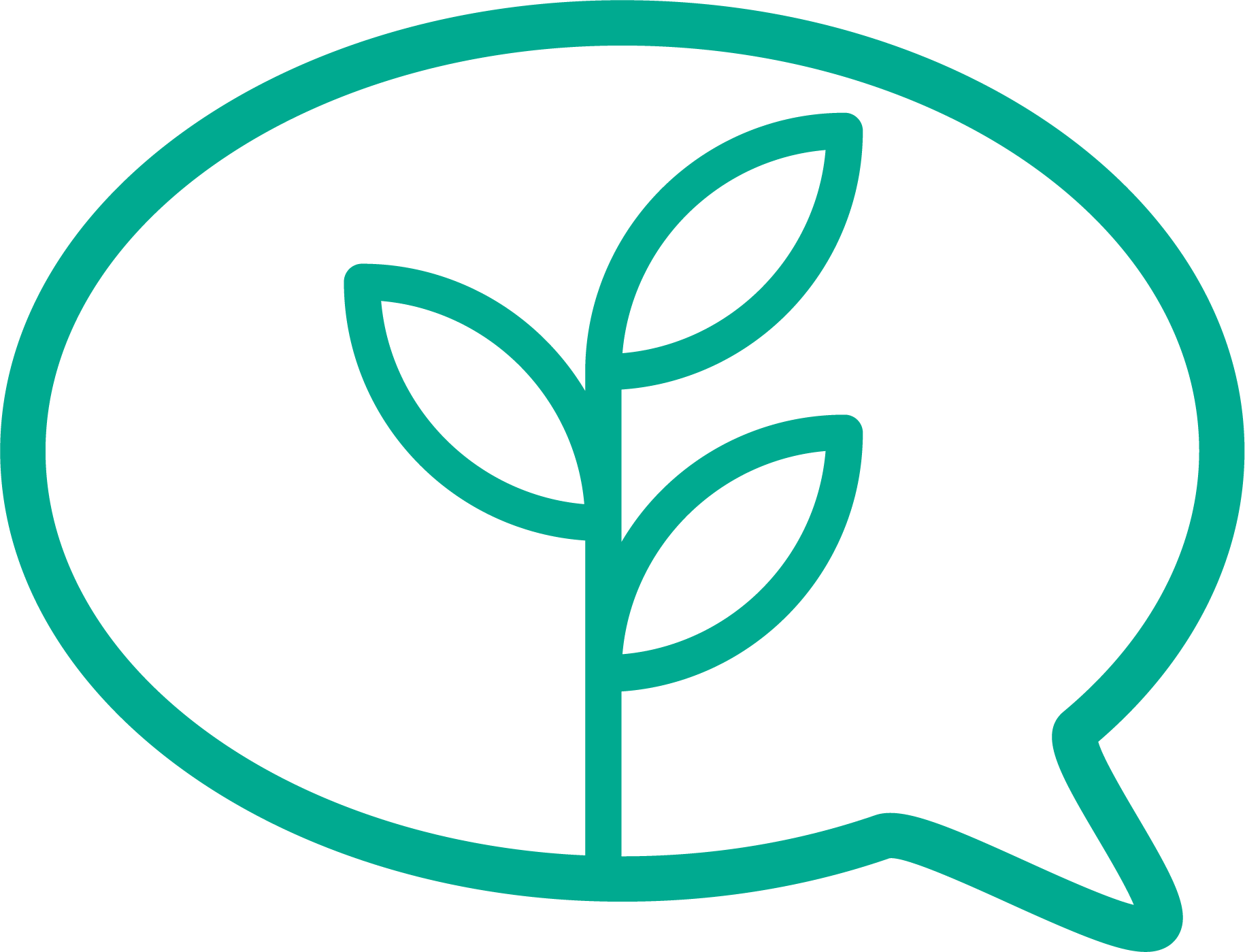Understanding your stress and anxiety...
Anxiety is the most common mental health issue in Australia statistically found by BeyondBlue Australia.
Effecting:
1 in 3 women
1 in 5 men
Stress and anxiety are often used interchangeably, and there is overlap between stress and anxiety. Stress is related to the same 'fight, flight, or freeze' response as anxiety, and the physical sensations of anxiety and stress may be very similar. The cause of stress and anxiety are usually different however.
When you experience too much stress or anxiety it impacts on you in four ways...
your EMOTIONS - sad, overwhelm, restless, angry or a mix of all different emotions
your THOUGHTS - have a hard time looking at the positives, or being able to problem-solve when you are having a stressful time & hard to focus your mind or pay attention to learn new things or difficulty concentrating.
your BEHAVIOUR - if you are feeling angry you may punch something or someone, yell or scream. You may not feel like eating, or you may have difficulty sleeping or you may not want to leave your room.
PHYSICALLY - low energy, headaches, upset stomach, aches, pains, tense muscles, fast heartbeat. insomnia, muscle pains, frequent colds and infections.
Why you might seek help?
you want a little support learning how to cope with overwhelming feelings & emotions
you get stressed out & don’t know what to do
you get angry & have a hard time expressing it in a safe way
you get really anxious at times throughout the day
Stress and anxiety isn’t always bad... a little can help you stay alert & focused.
But... too much is harmful regardless of age.
A range of health professionals and services offer information, treatment and support for anxiety conditions, as well as a number of things you can do to help yourself.
Effective treatment helps you learn how to control your anxiety so it doesn’t control you. The type of treatment will depend on the type of anxiety you're experiencing. I’ve seen the trouble people have when they don’t have healthy coping skills. And I’ve seen the positive outcomes that happen when they learn to replace their negative coping skills with more positive ones...
I’ve seen the trouble people have when they don’t have healthy coping skills. And I’ve seen the positive outcomes that happen when they learn to replace their negative coping skills with more positive ones...
increased attention
better/positive relationships
managed emotions in a safe & healthy way (self-regulation)
maintain positive friendships
Reach out if this sounds all too familiar. Through sharing your journey and overwhelm, in a safe and non-judgemental environment, together we can develop good coping skills that work for you in creating your positive future.
xo Simone
